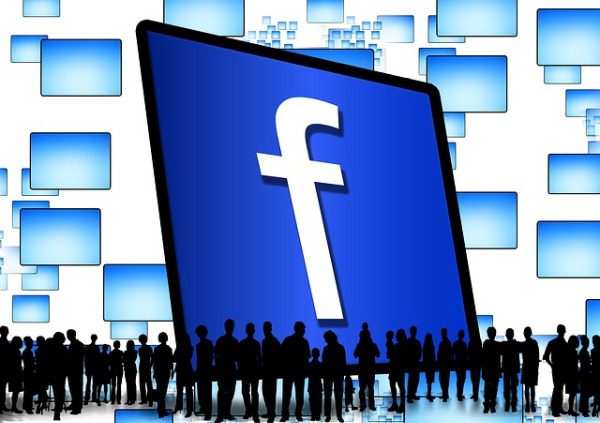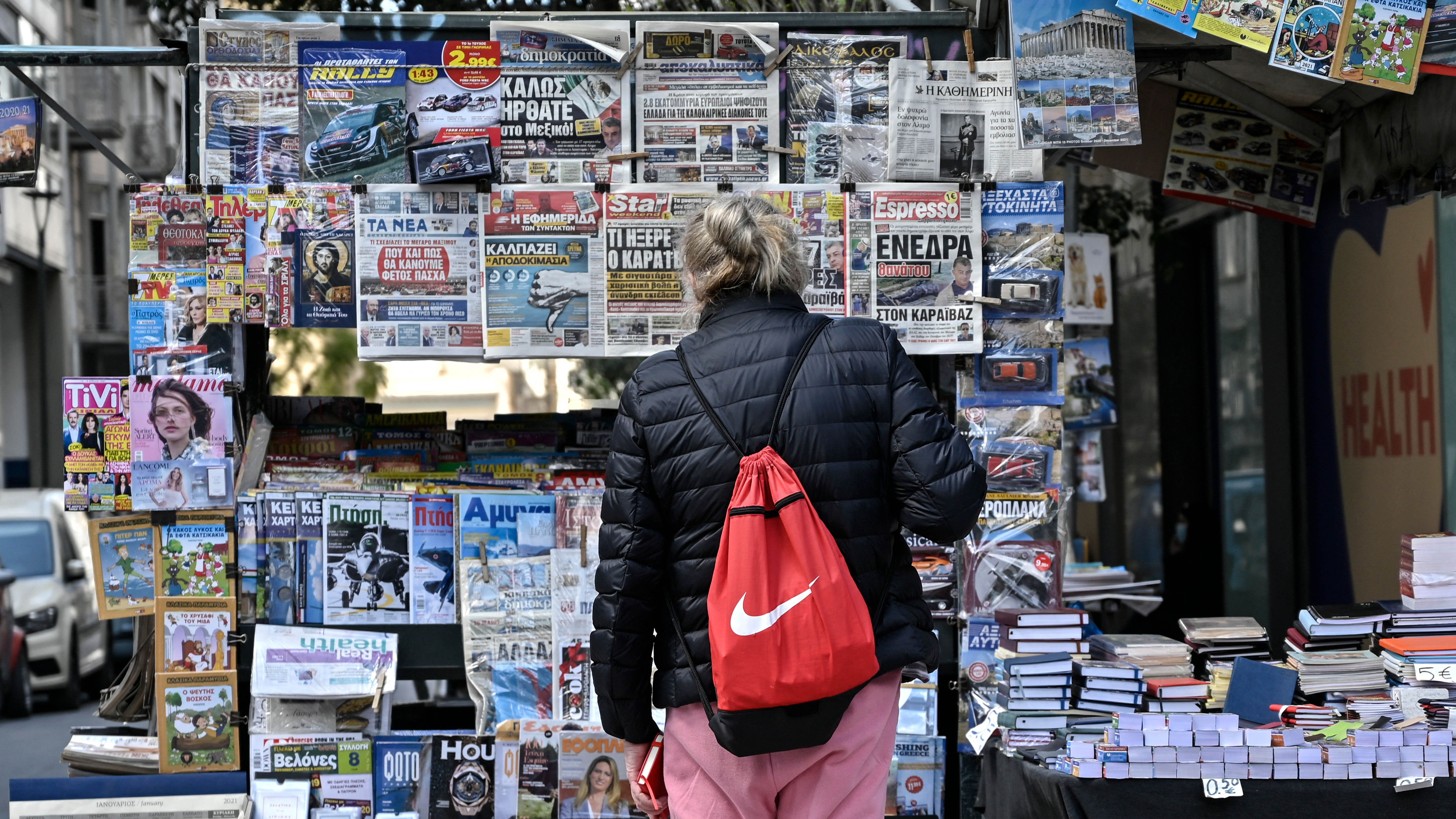Didactic Learning

When I was in a doctoral program in pedagogy, I recall didactics being a subject of discussion. I saw it mentioned recently and tried to recall what we had said about it years ago in that program.
If you just look in a dictionary, you'll find that didactic is defined as something intended to teach. It is often concerned with having moral instruction as an ulterior motive. For example, a didactic novel could be one that tries to expose social injustice.
We spoke about didactics as a discipline concerned with the science of teaching and instruction for any given field of study. Didactics is a theory of teaching, and in a wider sense, a theory and practical application of teaching and learning. That also sounds like pedagogy.
Pedagogy is more focused more on the strategies, methods and techniques associated with teaching and instruction. In our study of pedagogy, we spoke about the ability of a teacher to match the theoretical foundations or concepts that we studied with practical methods using them in a classroom. We also wanted teachers to be able to respond and adapt to the learning strategies of their students.
Didactics is teacher-centered. Pedagogy is learner-centered since teaching must be adapted to respond to student needs.
The didactic method of teaching follows a consistent scientific approach or educational style to engage the student’s mind. It is often contrasted (or confused) with dialectics and also with the Socratic method.
Dialectical thinking refers to the ability to view issues from multiple perspectives and then to arrive at the most economical and reasonable reconciliation of these seemingly contradictory things. A dialectic is when two seemingly conflicting things are true at the same time. For example, “It's snowing and it is spring.”
The Socratic method is simplified as "asking questions" but is a three-part method: Give an initial definition or opinion. Ask a question that raises an exception to that definition or opinion. Then, give a better definition or opinion. Teachers and learners employ this method even if they have never been trained to do so. It is a natural way to learn, though it is more effective when done intentionally.
Did I become a proponent of didactic teaching? No. I took it as another tool in the toolbox. I continued to think of pedagogy as the art of teaching and didactics as the science of teaching. I became most interested in andragogy - the method and practice of teaching adult learners. I was teaching graduate students who all adults.
There was so much theory. At that time, open learning, also known as experiential learning, was the new kid on the block and posited that people can learn by themselves, in an unstructured manner, on topics of interest. Learner-centered approaches were much in vogue at that time and didactic learning wasn't very popular with my learning cohorts. They found the focus on outcomes and an overall goal of knowledge with a teacher as an authoritative figure more than as a guide and resource for students to be old-fashioned.
By the time I left my Ed.D program, I had so many theories in my head that the labels fell away and I was following mostly those that overlapped. I thought that some of the basics of andragogy also applied to younger students. I prefer it when learning is self-directed, experiential, utilizes previous and background knowledge, is relevant to current roles and is mostly problem-centered. And one of the principles of adult learning that Malcolm Knowles presented still makes me smile: That students are motivated to learn. That is probably the key principle in any method of learning.
 Facebook's "supreme court" decided recently to uphold the ban on Donald Trump. For Trump, Facebook was never his vector of choice to get out his messages. He used Twitter and they banned him for life.
Facebook's "supreme court" decided recently to uphold the ban on Donald Trump. For Trump, Facebook was never his vector of choice to get out his messages. He used Twitter and they banned him for life.

